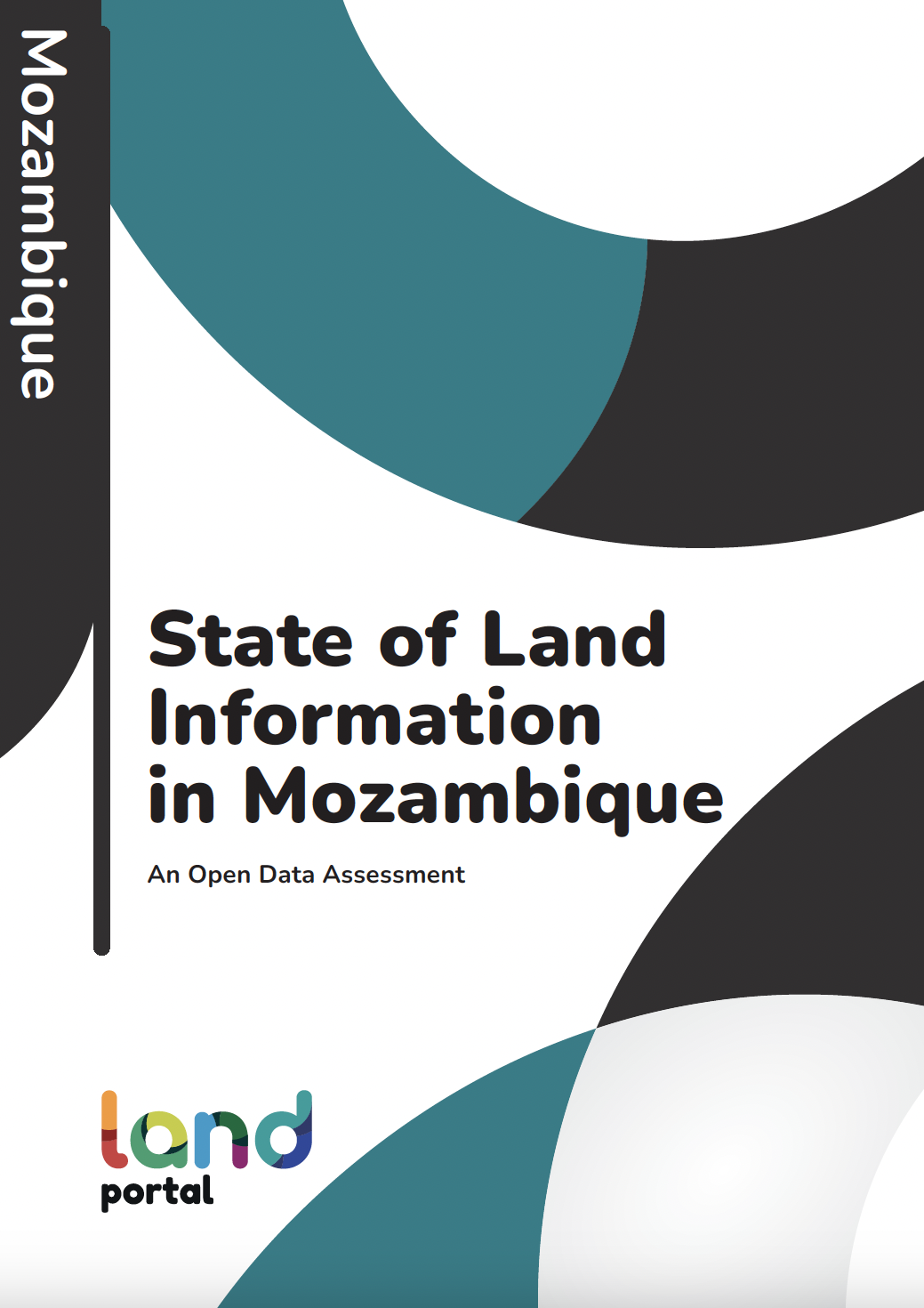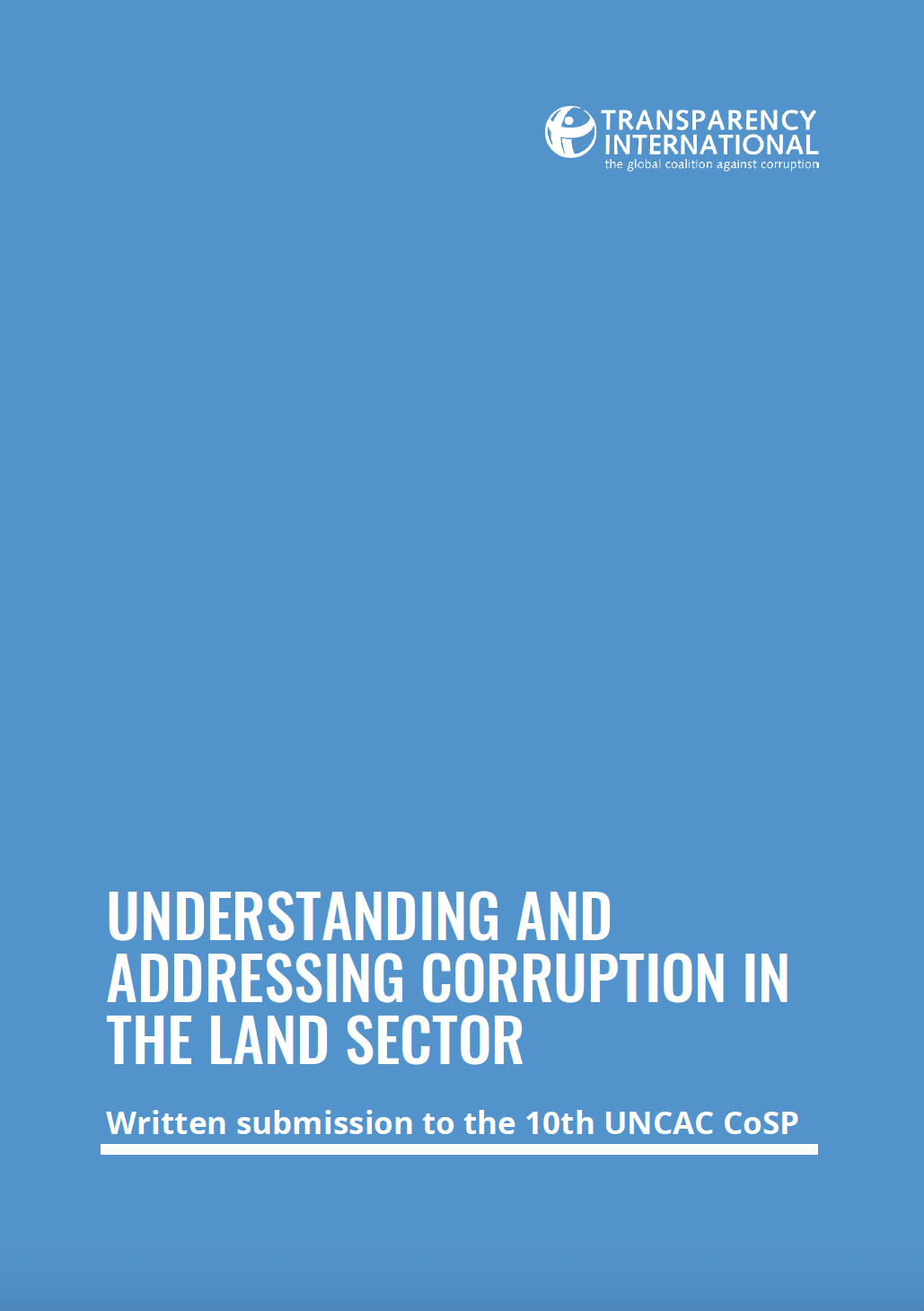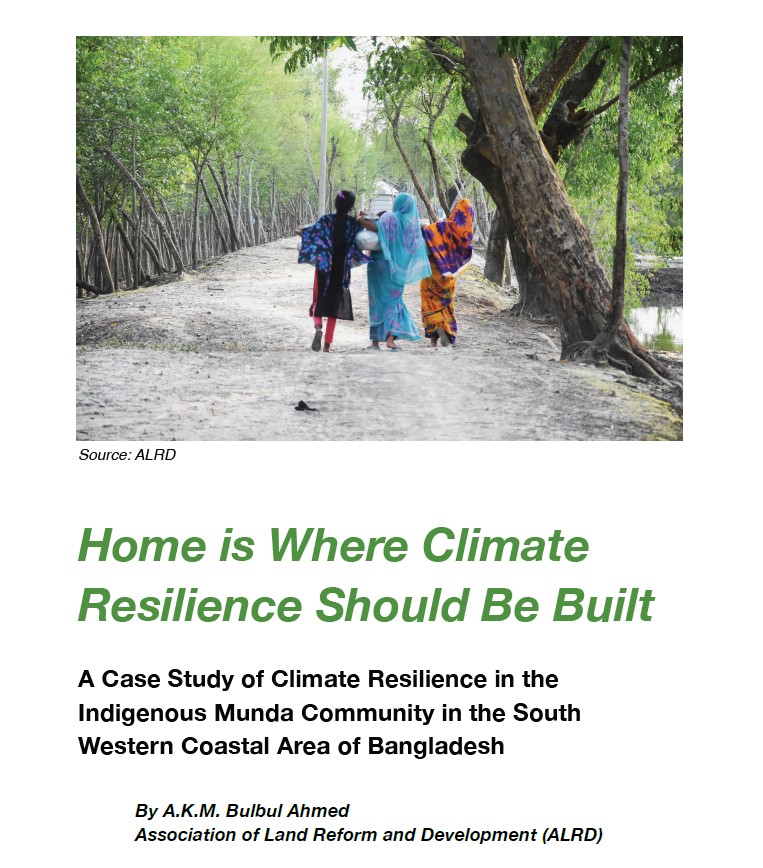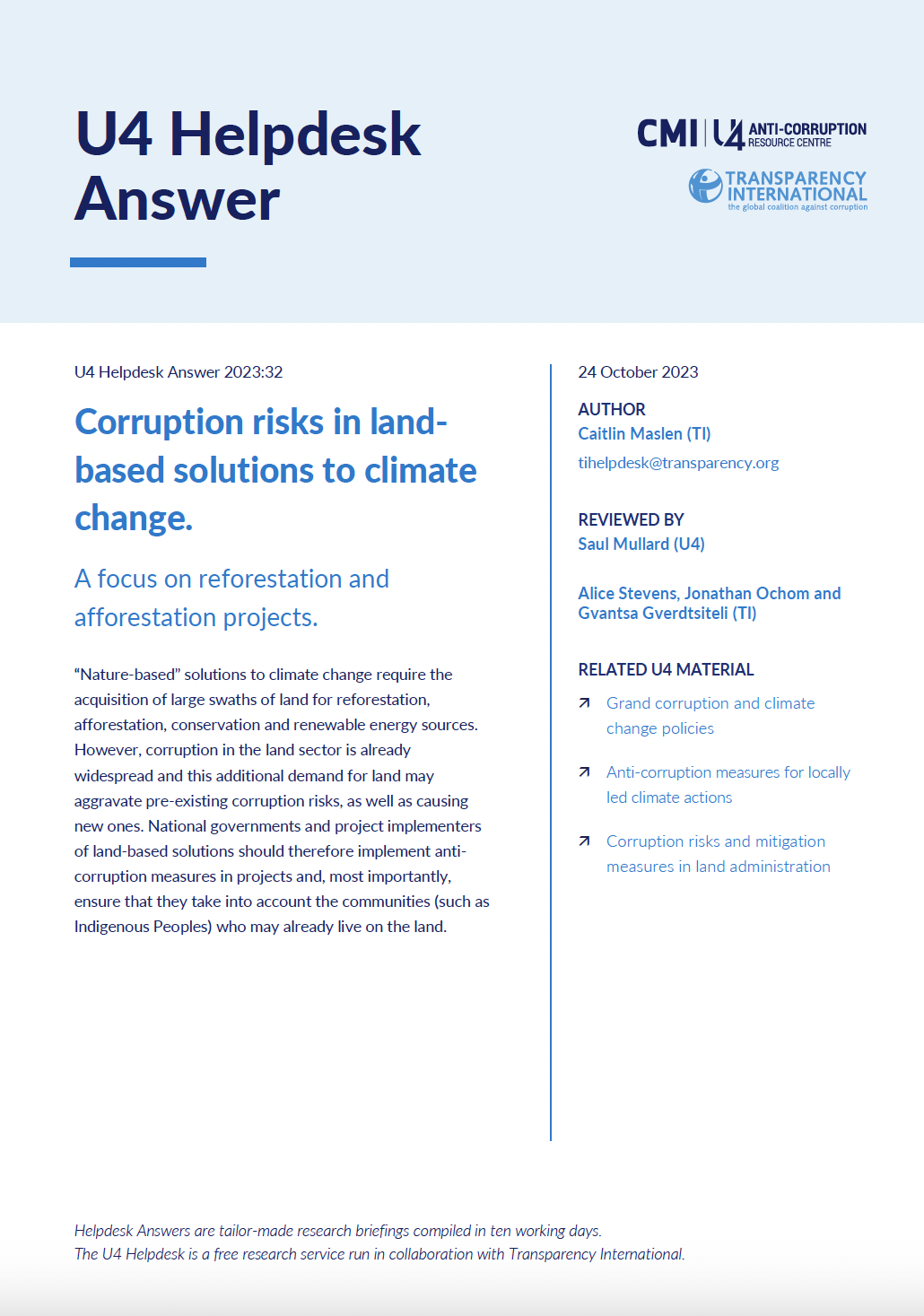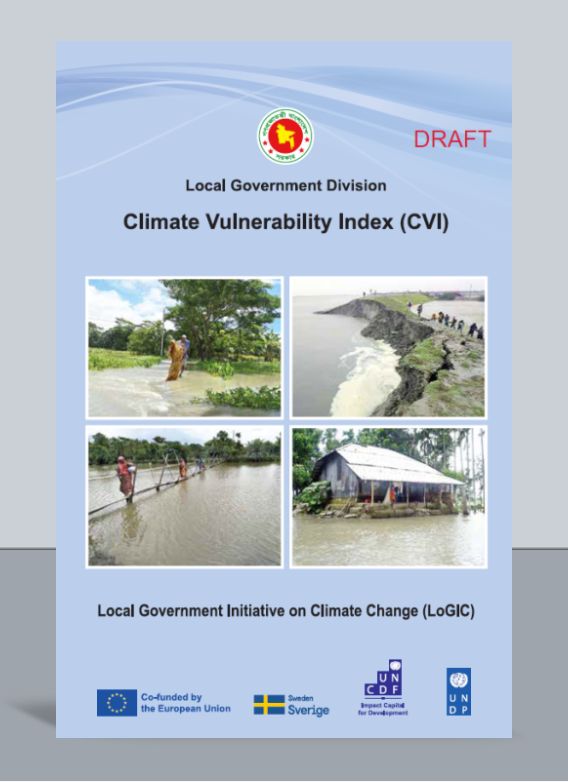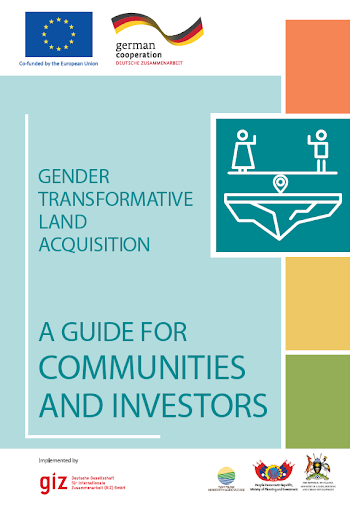Situação da informação fundiária em Moçambique
Em Moçambique, a lei reconhece certas formas de ocupação que constituem posse legal e os(as) cidadãos(ãs) podem reivindicar esse reconhecimento de seu direito de ocupar e usar a terra alocada por meio de normas/práticas costumeiras. As comunidades locais também podem reivindicar direitos sobre a terra que costumam ocupar, usar e administrar. Esses direitos não são prejudicados pela falta de titulação ou documentação e podem ser defendidos com base em testemunhos orais.

